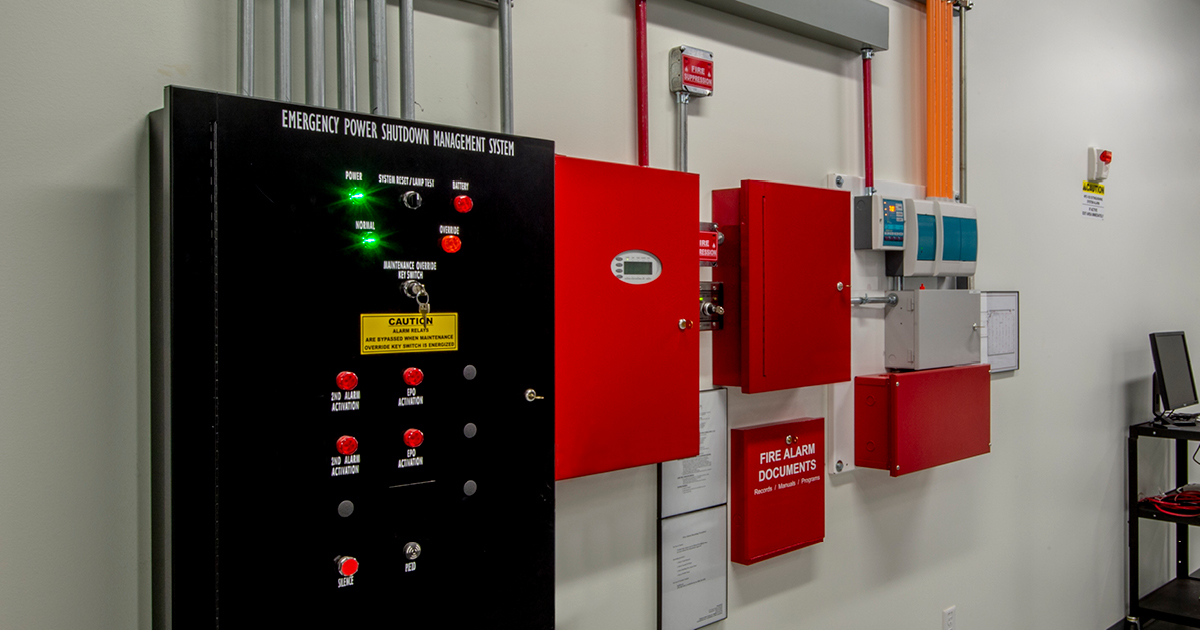Can Motion Sensors be Triggered by Light?
Motion sensors are a common part of our world today. Wave your hand under the faucet and the water runs. Pull open the closet door and the light turns on. Walk near the doors of the grocery store and they automatically slide open.
Motion sensors are devices that detect movement. They are common features in automated technology like doors and faucets but are very common as a part of a security system. Motion detectors are useful both indoors and outdoors because they can keep watch for any unexpected movement while you are asleep or away from home.
How do motion sensors work? It depends on what kind of motion sensors they are.
Active Motion Sensors
Active motion sensors use microwaves to detect motion. In this case. microwaves are a type of electromagnetic radiation — waves of electrical and magnetic energy moving together through space, not the kind that heats up your ramen. This is how radar and pregnancy ultrasounds work.
An active motion sensor emits microwaves and then analyzes the waves that are reflected to the sensor. When the pattern of waves are disturbed, such as when a person walks by, it triggers the sensor to send a signal. This signal may open a door, turn on the water, or activate an alarm.
These types of sensors are great in harsh, high heat environments, but they also can cause false alarms if a small animal scurries by or the wind blows too hard. Active motion sensors need a continuous power source or strong batteries because they are actively working to send out microwaves and detect motion.
Passive Motion Sensors
Passive motion sensors generate energy when exposed to heat or infrared light. Infrared light is a form of light we can’t see with our eyes but can feel on our skin as heat. When a passive motion sensor detects heat, it generates energy that triggers the detection, thus causing the lights to turn on or the alarm to sound.
It’s passive because the sensor doesn’t generate or radiate energy for detection purposes, like how the active sensor emits microwaves to test the environment around it. Rather, it works entirely by detecting any energy emitted from other objects.
Some infrared sensors can ignore objects or animals below a specified size, meaning your cat running around at 2 am won’t trigger the system.
If you live in a hot climate where temperatures can climb above 95 degrees F, this type of sensor won’t work. A high-quality passive motion sensor can last multiple years on one battery.
What can Accidentally Trigger Your Motion Sensor?
So back to our original question: can motion sensors be triggered by light? Yep. But not likely just your normal lights turning on and off in the living room. A passive motion sensor would more likely be triggered by sun shining on it or an extremely hot bulb close to the sensor. You’ll also want to keep passive motion sensors away from the heating vents and radiators.
Active motion sensors aren’t foolproof either. As we already said, small animals, insects or the wind can potentially trigger an active motion sensor.
To prevent false alarms, today’s motion sensors are usually a combination of passive and active sensors so both microwaves and heat must both be detected to trigger the sensor.
Motion Sensor Placement
As we mentioned, infrared sensors can be triggered by heat sources, so it is important to make sure your sensors are clear of any fireplaces, heaters, and away from direct sunlight.
When planning the placement of your motion sensors, consider high-traffic areas that would be hard to avoid in a home. This can include an entryway, stairwell, or primary hallway depending on the set up of your home.
Installing Motion Sensors
The team at FSS Technologies has years of training and expertise on the planning, placement, installation, and testing of motion sensors. We can help guide you through the process of determining how many you need and where to place them in your home.









